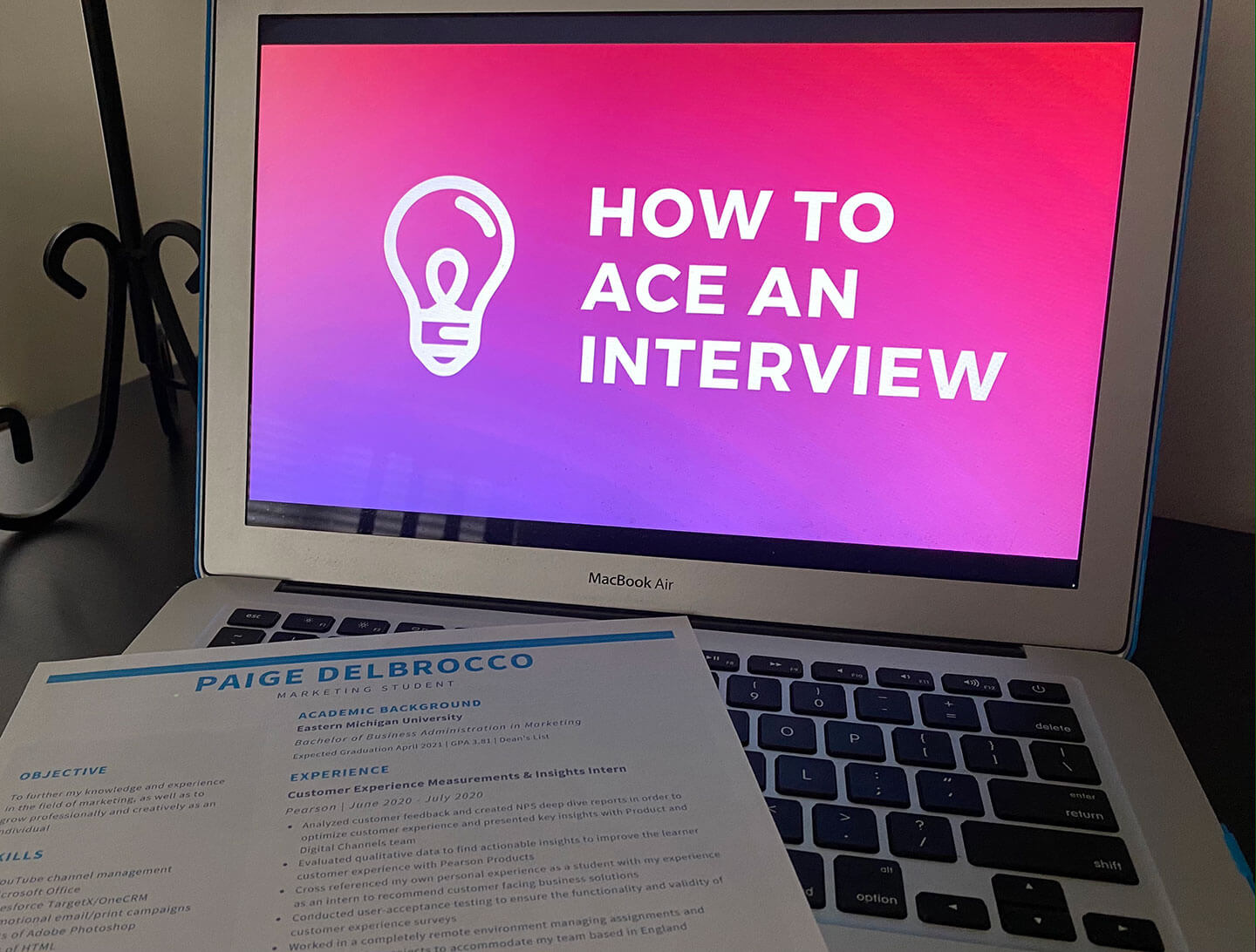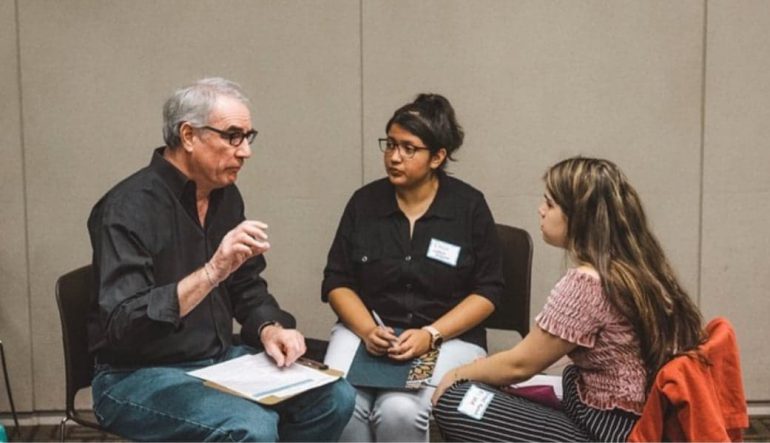
How to Prepare for Your Interview
With the beginning of a new semester comes everyone’s favorite season: recruitment. After applying for a job, sitting down for an interview can be nerve wracking. Whether you’ll be searching for a position for this school year or already looking ahead to next summer, I’m here to provide some insight on how to make this process easier and to help you land a quality job or internship.
Advance Preparations
Once you land an interview, there are some things you need to do ahead of time to be successful day of. These include:
- Research. The best thing you can do as a job prospect is to research the company prior to an interview. Learn about what they do, what they care about, and how they help the community around them. This is absolutely key for showcasing your interest in the company, which is ultimately one of the first steps in building trust with your potential employer.
- Prepare. Know your resume like the back of your hand. You will be asked about prior experiences and how they relate to the job you are applying for. Be sure you can answer this and elaborate on any other experiences listed.
- Ask Questions. Do not be afraid to ask questions! Compile a list of questions in advance to respond to the ‘Do you have any questions for us?’ question. Ask the interviewer what they like about their company, what they would change. This kind of curiosity leads to ideas and eventually greater advancements.
Day-of-Interview Plan of Action
If your interview is in person, be sure to arrive on time and in the necessary attire. Make sure you have a reliable mode of transportation, a second (and third) copy of your resume, and more than enough time to get to your interview location.
If the interview is via video call, consider what will be in your background during the call. Find a spot around your home that looks organized and has minimal distractions. Or set up a virtual background if necessary. Minimize background noise. Check that your Wi-Fi is running, that your computer is functioning, and that you have the link readily available prior to the call. Have an internet outage contingency plan. Could you join by phone if your wi-fi suddenly goes down?
One last bit of advice - always, always, always thank the interviewer for taking the time to discuss your job opportunity. Follow-up with a thank-you email. Time is the most valuable asset in the world, yet it is most often overlooked. If you recognize and appreciate that somebody has taken the time out of their day to help you, it opens up many opportunities to form a quality relationship in the future.
If you are able to follow my advice, I promise you will have a great chance of getting the job!
Do you have a compelling story or student success tips you’d like to see published on the Pearson Students blog? If you are a college student and interested in writing for us - click here to pitch your idea and get started!

